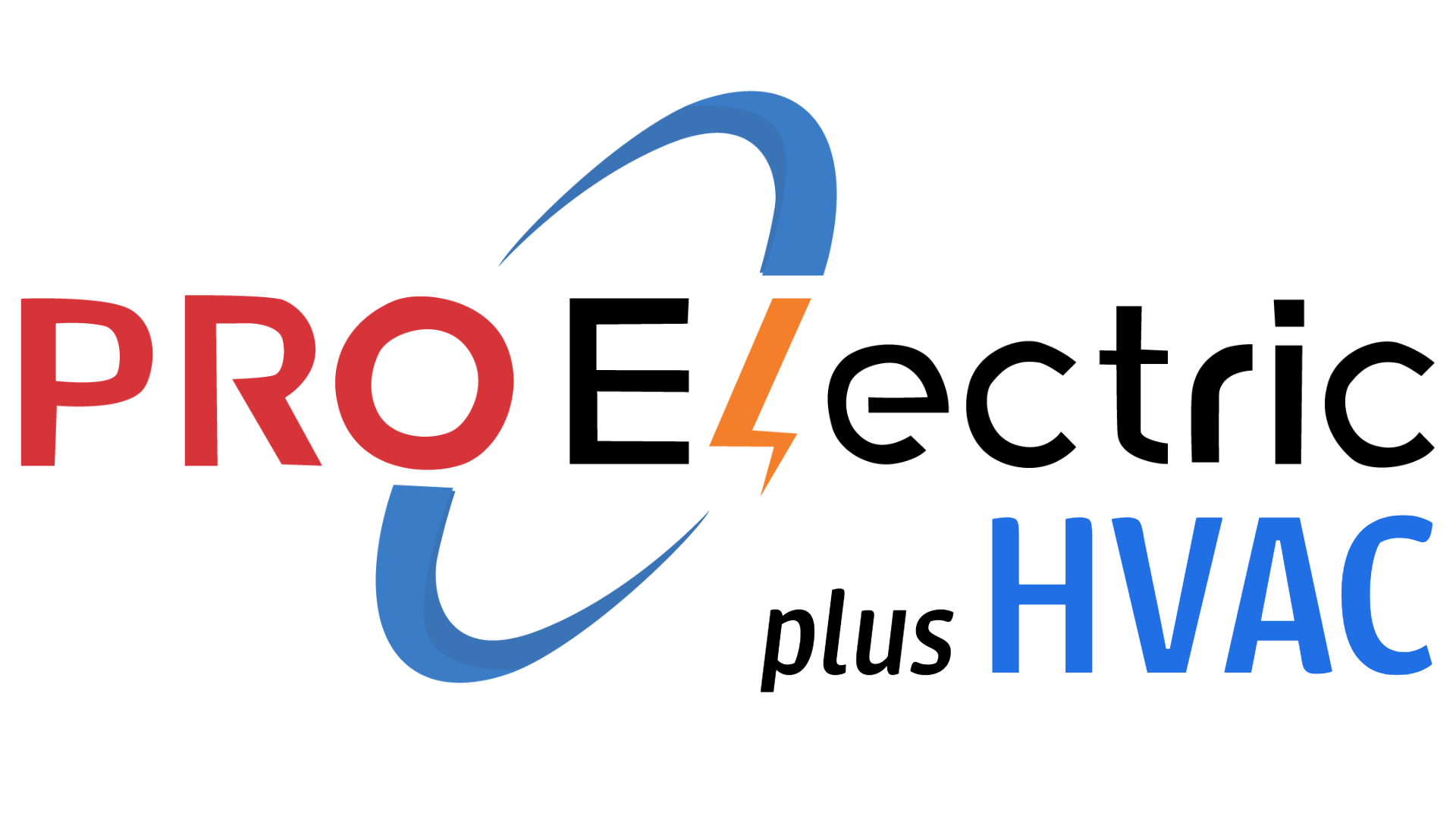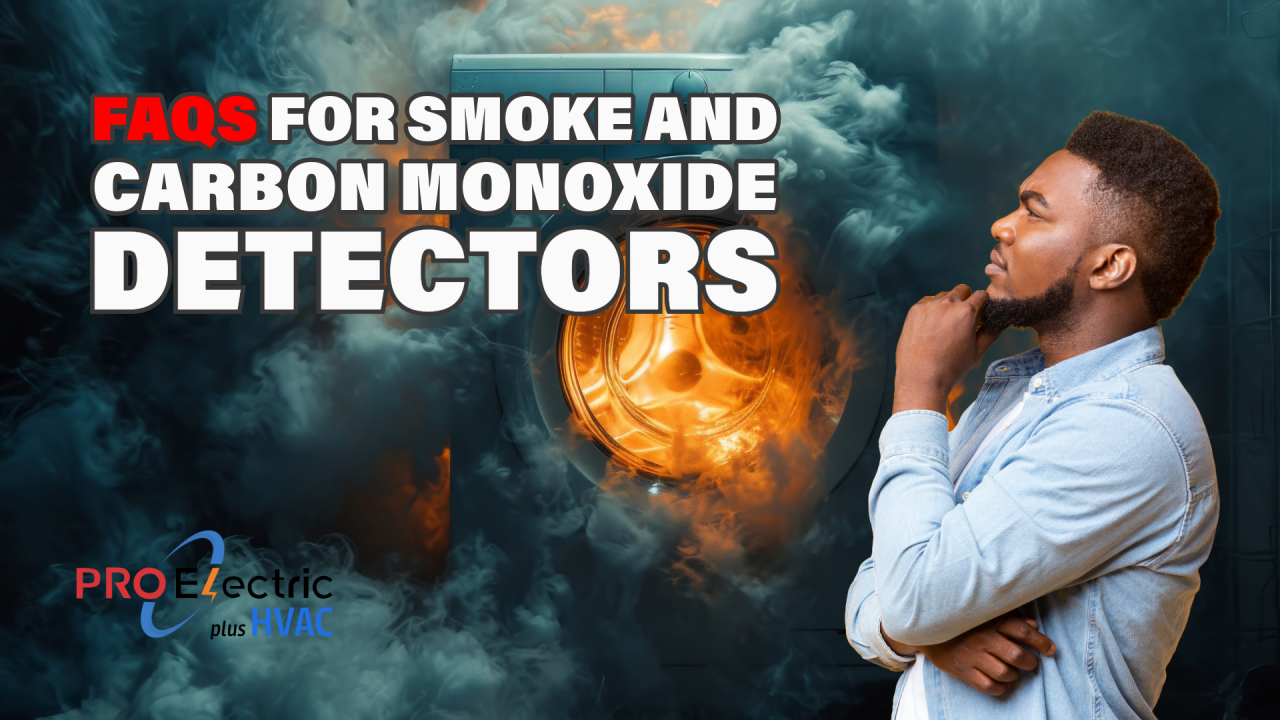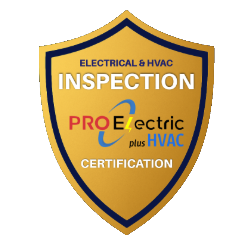Family safety is essential for you as a household in Northern Virginia’s Fairfax, Loudoun, Arlington, and Prince William County.
Smoke and carbon monoxide detectors are crucial products that warn of hazards early on.
This guidebook will explain why these detectors are essential, how to maintain them, and everyday questions about keeping your home secure.
Why Smoke and Carbon Monoxide Detectors Are Important.
Early detection might be the difference between life and death.
Smoke detectors warn of fires and give you time to evacuate.
Carbon monoxide detectors warn against a poisonous, odorless, colorless gas.
Working detectors are not just suggested – they are needed in every household.
When To Replace Your Detectors
Smoke Detectors
- Replacing Every 10 Years.
- Smoke detectors last about ten years.
- Their sensors get much less sensitive as time passes and fail to identify smoke correctly.
Signs It Is Time to Replace
- Frequent false alarms.
- Test responsiveness decreased.
- Physical damage/discoloration.
Carbon Monoxide Detectors
- Replace Every 5-7 Years.
- According to the manufacturer’s guidelines, carbon monoxide detectors typically should be replaced every five to seven years.
Installation Guidelines
Where to Install Smoke Detectors
- Inside every bedroom.
- Outside of each sleeping area.
- On all levels of the home including the basement.
Where To Install Carbon Monoxide Detectors
On every level of your home
- Near sleeping areas.
- A minimum of 15 feet from fuel-burning appliances.
Maintenance Tips
- Test Monthly.
- At least once per month, press the test button on your detectors.
- Replace Batteries Annually.
- Even hardwired detectors with battery backups need new batteries once a year.
- Keep Detectors Clean.
- Dust and debris could easily obstruct sensors. Vacuum your detectors occasionally.
Common FAQs for Smoke & Carbon Monoxide Detectors
How frequently do I change my smoke detectors?
Change your smoke detectors every ten years to match the newest security standards.
Should smoke detectors end up anywhere in my house?
Set up smoke detectors within every bedroom, outside each sleeping area, and on each level of your house, including the basement.
How frequently should I test my smoke detectors?
At least once a month, test your smoke detectors by pushing the test button.
Can smoke detectors expire?
Yes, smoke detectors expire after about ten years. Their sensors become much less sensitive with time, and you become safer.
What makes ionization distinct from photoelectric smoke alarms?
Ionization alarms sense fast-flaming fires, and photoelectric alarms sense slow, smoldering fires better. Both kinds are perfect – or use dual-sensor alarms.
How frequently do I replace the batteries in my smoke alarms?
Replace the batteries at least once yearly or instantly if you hear a low-battery chirp.
Anywhere should carbon monoxide detectors be placed?
Install carbon monoxide detectors at all levels of your house, including near sleeping places, and follow the manufacturer’s placement suggestions.
Could combination smoke and carbon monoxide detectors work?
Yes, combination detectors work and save space because they detect smoke and carbon monoxide in one unit.
How can I tell if my carbon monoxide detector works?
Test it monthly with the test button pressed and replace the unit based on the manufacturer’s guidelines (usually every 5 to 7 years).
What signs and symptoms could you tell you have carbon monoxide poisoning?
Headaches, vomiting, nausea, weakness, dizziness, chest pain, and confusion are typical signs of exposure. If you suspect exposure, get new air and medical attention.
Can smoke detectors sense carbon monoxide?
No, smoke detectors can not detect carbon monoxide unless specially designed as combined units.
What causes false alarms in smoke detectors?
Steam, dust, cooking smoke, insects or a unit can cause false alarms.
Should smoke detectors be interconnected? Yes, interconnected alarms will sound all alarms in case one detects smoke, so they warn you faster.
How frequently do I change my carbon monoxide detectors?
Replace carbon monoxide detectors every 5 to seven years, per manufacturer’s directions.
Could I put in my own personal smoke and carbon monoxide detectors?
Battery-operated units can be installed by yourself; hardwired detectors require professional installation to meet local codes and function correctly.
What maintenance must smoke and carbon monoxide detectors get?
Test the alarms regularly, replace batteries yearly, clean them to remove dust, and replace units according to the manufacturer’s lifespan guidelines.
Precisely why does my smoke detector chirp?
A chirping noise could indicate a low battery or maybe a worn detector.
Will I want a carbon monoxide detector when I do not have gas appliances?
Yes, carbon monoxide may also come from detached garages, hearths or mobile generators.
What happens if my carbon monoxide detector goes off?
Get everybody out of the building, visit the fresh air, and call 911.
Are hardwired smoke detectors more than battery-operated ones?
Hardwired detectors connect to your house’s electrical system and typically have a battery backup for protection.
Will I have to replace the entire smoke detector or simply the battery?
If your smoke detector is under ten years old and works correctly, you typically only have to replace the battery. But if the detector is older or fails, you must replace the entire unit.
Can I mix brands of smoke detectors in my home?
You can use various smoke detector models. Nevertheless, the same brand is recommended for interconnected systems to ensure compatibility and communication between devices.
Are there special smoke detectors for the hard of hearing?
Yes, there are smoke detectors with strobe lights and vibrating alerts to inform those with hearing issues in an emergency.
How high should I mount my smoke detectors?
Mount smoke detectors on the ceiling four inches from the nearest wall or high on a wall four to twelve inches from the ceiling. Smoke rises, so detectors placed high provide the earliest detection.
Do I put a smoke alarm in my kitchen?
Install a smoke alarm close to the kitchen but not inside, as cooking fumes could trigger false alarms. Place it at least ten feet from cooking appliances.
Just how should old smoke detectors be discarded?
Some smoke detectors contain little radioactive material. Talk to your neighborhood waste management facility about disposal methods, or even return the device to the manufacturer if they provide a take-back program.
Will steam from my shower activate a smoke detector?
Yes, steam triggers photoelectric smoke detectors. To prevent false alarms, install detectors away from bathrooms or pick out the right type for high-humidity areas.
What exactly makes a hardwired versus battery-operated smoke detector different?
Hardwired detectors are wired to your house’s electrical system and frequently have a battery backup. Battery-operated detectors use only batteries. The constant power supply makes hardwired units generally more dependable.
Can carbon monoxide detectors sense gas leaks?
No, carbon monoxide detectors can not detect natural gas or propane leakages. They detect carbon monoxide only. A combustible gas detector is needed for gas leak detection.
How frequently must my detectors be professionally examined?
It would be best to have your detectors expertly examined yearly to ensure they’re in excellent working order and conform to neighborhood codes.
Are there smart smoke detectors that connect to my phone?
Indeed, a few smart detectors send alerts to your smartphone so you can monitor your house from anywhere.
Do pets activate a smoke or carbon monoxide alarm?
Pets generally do not activate smoke or carbon monoxide alarms, which detect gases or particles, not motion.
Do we require a smoke alarm in our attic?
In case your attic is accessible and also utilized for storage or even contains HVAC products, a heat detector (not a smoke detector) is recommended due to intense temperatures and debris which could harm smoke detectors.
What upkeep should carbon monoxide detectors need?
Test them monthly, change batteries annually, and clean the unit to eliminate dust. Then, replace the detector based on the manufacturer’s recommended lifespan.
How to silence a noisy alarm?
Many detectors have a hush or quiet button, temporarily desensitizing the alarm. If false alarms persist, find the source and eliminate it or relocate the detector.
Should smoke detectors be in each room?
Install smoke alarms in every bedroom, outside each bedroom, and also on each level of your house. Additional detectors can add safety but aren’t necessary in every room.
Best smoke detector for my home?
Ionization, photoelectric detectors, or dual-sensor alarms are best utilized for fast-flaming and slow-smoldering fires.
May I paint over my smoke detectors?
No, painting over smoke detectors could jam up sensors and cause them to fail. Keep them free of paint and decorations.
How can I test my carbon monoxide detector?
Press the unit’s test button, which will sound the alarm. Then, get a carbon monoxide testing kit or have it thoroughly examined.
Why does carbon monoxide build up inside your house?
Carbon monoxide is created incompletely from burning substances, including furnaces, stoves, fireplaces, water heaters, and cars left running in attached garages.
Will I need hardwired and battery-operated detectors?
Using both adds security. Hardwired detectors offer dependability, and battery-operated devices continue working during power outages.
Could smoke detectors sense vaping or cigarette smoke?
Smoke detectors may pick up thick cigarette smoke or vapor from e-cigarettes and produce false alarms.
Are smoke detectors in rental properties legally required?
Yes, the law generally requires landlords to install and maintain working smoke detectors in rental properties. Local requirements might differ.
What exactly are interconnected smoke detectors?
Connected detectors are linked so that whenever one alarm senses smoke or carbon monoxide, all alarms alert the entire home.
Just what can make a carbon monoxide detector work?
Carbon monoxide detectors measure CO as time passes and sound an alarm whenever levels are too high, so you must ventilate and evacuate.
Could a fireplace poison me with carbon monoxide?
Indeed, a blocked chimney or incorrectly vented fireplace may result in carbon monoxide buildup in your house.
Precisely why does my carbon monoxide detector beep intermittently?
An intermittent beep generally means a low battery or life warning. For specific beep patterns, look at the manufacturer’s directions.
Exist detectors that combine smoke, carbon monoxide, and natural gas detection?
Yes, several companies provide multi-gas detectors that sense combustible gases, carbon monoxide, and smoke, including natural gas and propane.
Do I put a carbon monoxide detector in my garage?
It is not recommended due to false alarms from vehicle exhaust. Instead, use proper ventilation and not run your vehicle inside the garage.
What will new smoke and carbon monoxide detectors cost?
The costs depend upon detector type and installation complexity. Professional installation meets local codes and placement.
Local Regulations Compliance
Fire codes in Fairfax, Loudoun, Arlington, and Prince William counties state that replacing outdated smoke alarms improves home security and reduces false alarms.
Staying compliant also means you meet local legal requirements.
Certified Smoke & Carbon Monoxide Electricians
Hire our certified experts who know local regulations to install, inspect, maintain, or replace your detectors.
Expert services keep your house safe from fires and smoke.
Safeguarding your family and home from fire and carbon monoxide is crucial.
Keeping your detectors current and functional adds to your home’s safety.
Be vigilant, follow replacement schedules, and seek professional help to keep safety standards high.



